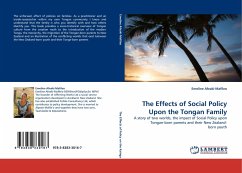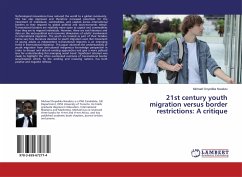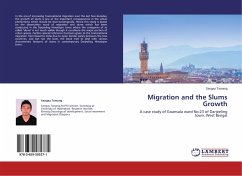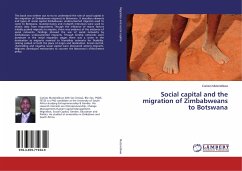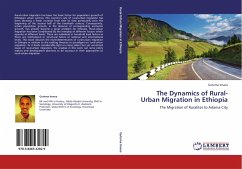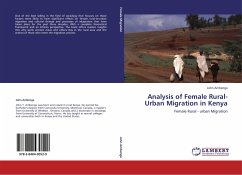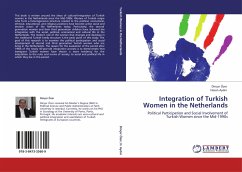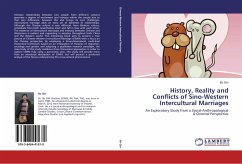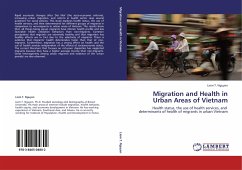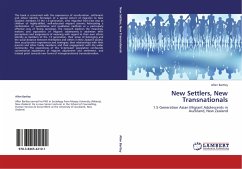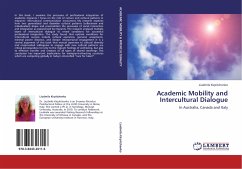
Academic Mobility and Intercultural Dialogue
In Australia, Canada and Italy
Versandkostenfrei!
Versandfertig in 6-10 Tagen
52,99 €
inkl. MwSt.

PAYBACK Punkte
26 °P sammeln!
In this book, I examine the processes of professional integration of academic migrants. I focus on the role of culture and cultural patterns in migrants intercultural communication encounters. My research explores how two generalized and dissimilar cultural patterns (collectivism and individualism) shape and precondition the processes of social interaction and integration as experienced by migrants. The research analysed multiple layers of intercultural dialogue to reveal conditions for successful professional integration. The study found that optimal conditions for intercultural success inclu...
In this book, I examine the processes of professional integration of academic migrants. I focus on the role of culture and cultural patterns in migrants intercultural communication encounters. My research explores how two generalized and dissimilar cultural patterns (collectivism and individualism) shape and precondition the processes of social interaction and integration as experienced by migrants. The research analysed multiple layers of intercultural dialogue to reveal conditions for successful professional integration. The study found that optimal conditions for intercultural success include cultural openness, genuine acceptance, minimal power distance, and deeper interpersonal engagement. It is a central argument of this book that mutual openness to cultural diversity and reciprocated willingness to engage with new cultural patterns are critical prerequisites not only to the migrant feelings of well-being, but also to effective transfer and creation of all types of shared meanings. This conclusion has important implications for immigrant-attracting countries which are competing globally in today s intensified race for talent .



